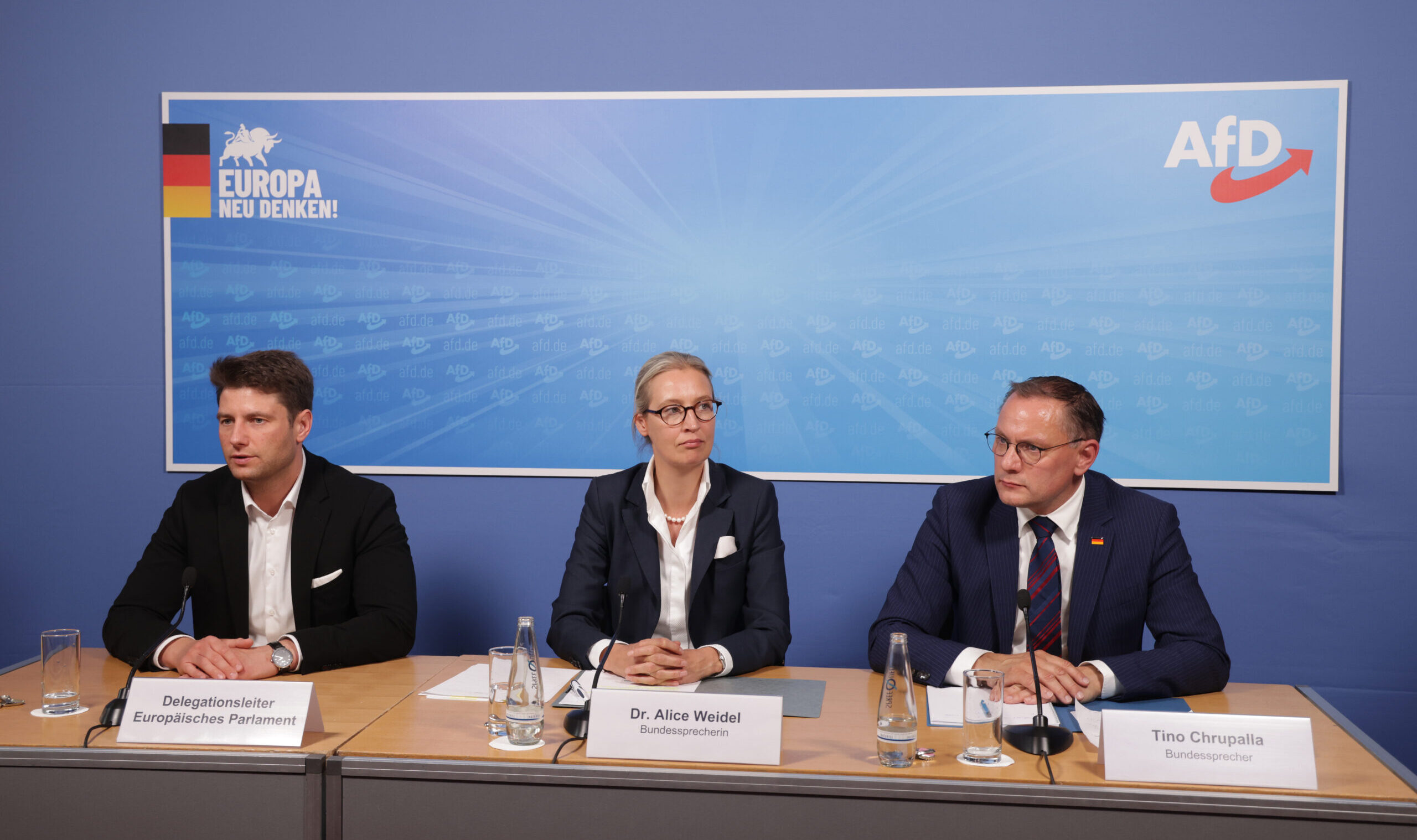So is a large amount of Europe now ready to stop supporting the endless Ukraine proxy war and push for a peace settlement? Looks like the voters are rising up against sending their tax money to the most corrupt nation on the planet to fund a war it is clearly losing. Better to form a peace agreement than to go bankrupt funding a foreign war.
In Sunday’s elections, the continent’s national-conservative parties took an important step forward, breaking out of their narrow focus on immigration.

www.theamericanconservative.com
Europe Votes Against the Ukraine War
In Sunday’s elections, the continent’s national-conservative parties took an important step forward, breaking out of their narrow focus on immigration.
Foreign Affairs
Just before voters delivered a stunning rebuke to the parties of the Establishment in the June 9 European Parliament elections, internal pollsters for the Alternative für Deutschland (Alternative for Germany) reported that the Ukraine war was the top concern for German voters. Twenty-six percent of respondents said that “securing peace” was their number one concern, followed by social security (at 23 percent) and immigration at 17 percent, according to an AfD internal document.
Germany’s peace parties—the AfD and the left-wing Sahra Wagenknecht Alliance—won 16 percent and 6 percent of the vote respectively, while the governing Social Democrats polled just 14 percent, while the Greens—now the most vociferous supporter of the Ukraine War—fell to 12 percent from 20.5 percent in the 2019 elections.
France’s President Emmanuel Macron, the European leader most anxious to send troops to Ukraine, suffered a surprise humiliation. His party polled less than 15 percent of the vote, while the right-wing National Rally gained 31 percent. Unlike Germany, where the peace parties were the biggest winners, the French right has fudged its position on the Ukraine War. But the repudiation of Europe’s leader most willing to commit Western troops is a gauge of antiwar sentiment.
Sunday’s vote was a protest, but not yet a revolution. Western Europe’s national-conservative parties have broken out of the one-issue, anti-immigration mold, but they are not yet ready to govern their respective countries. In Eastern Europe, Hungary, Slovakia, and Serbia comprise an antiwar bloc, probably to be joined by the Czech Republic after the October 2025 elections.
Nonetheless, the political earthquake that shook Europe on Sunday could have far-reaching consequences before the end of this year. . . .
STORY CONTINUES AT THE LINK ABOVE

